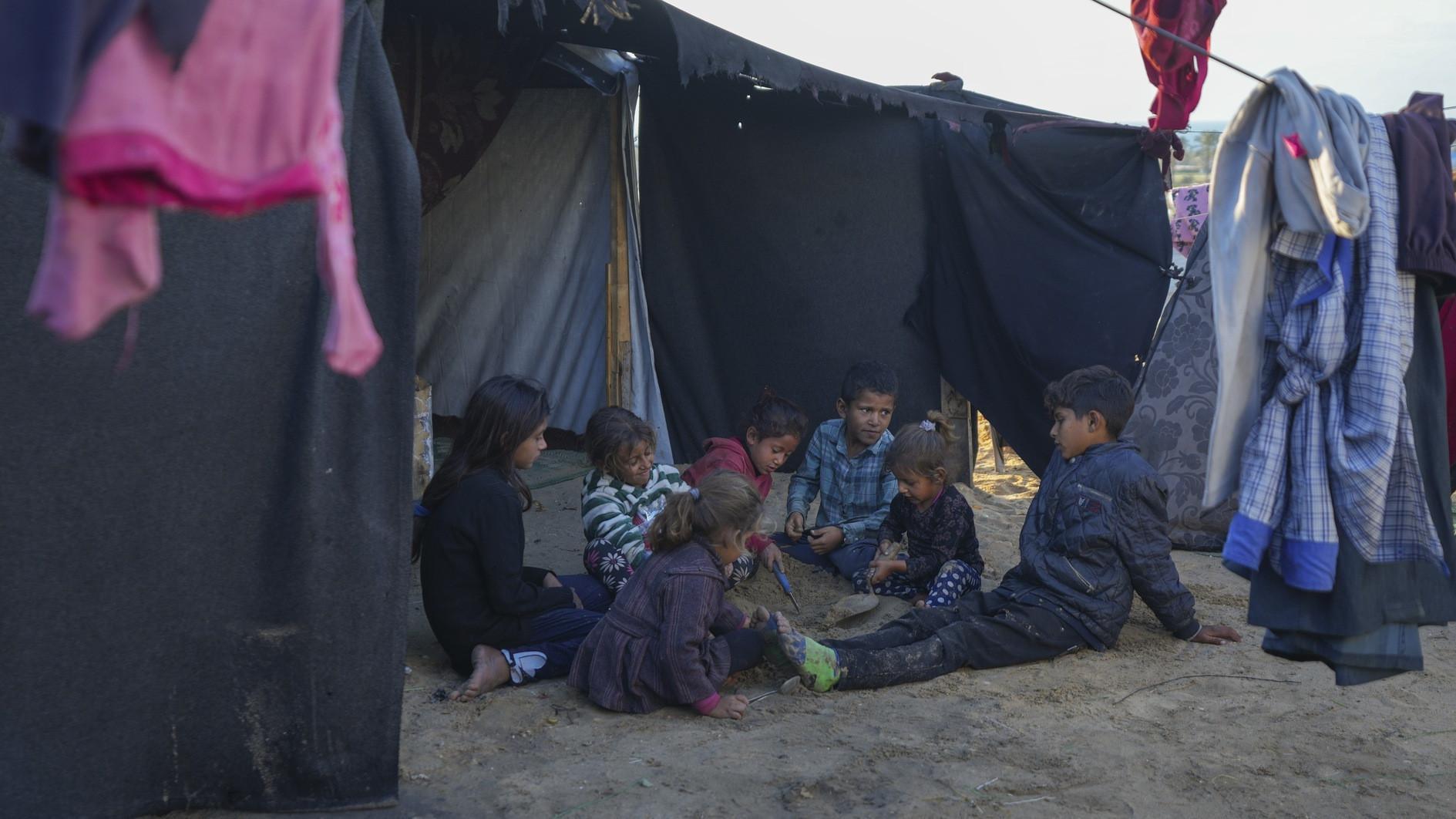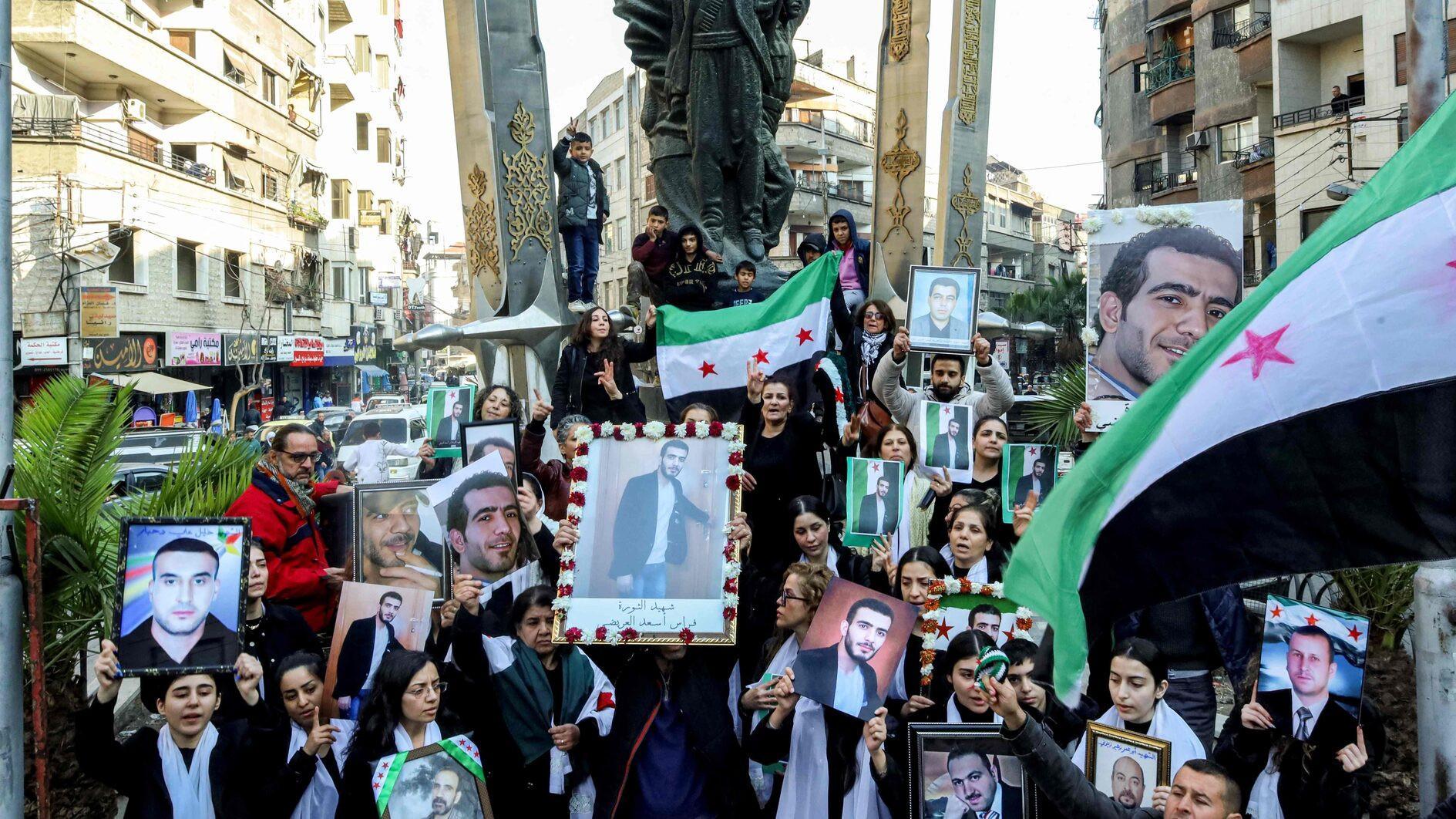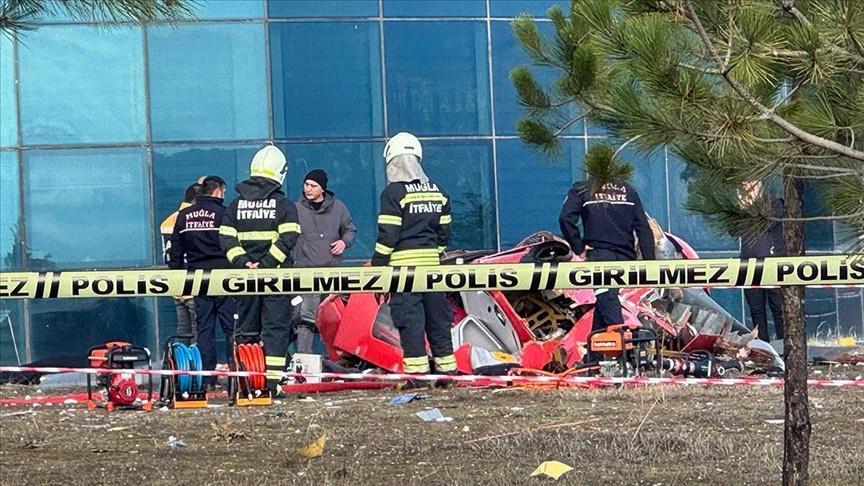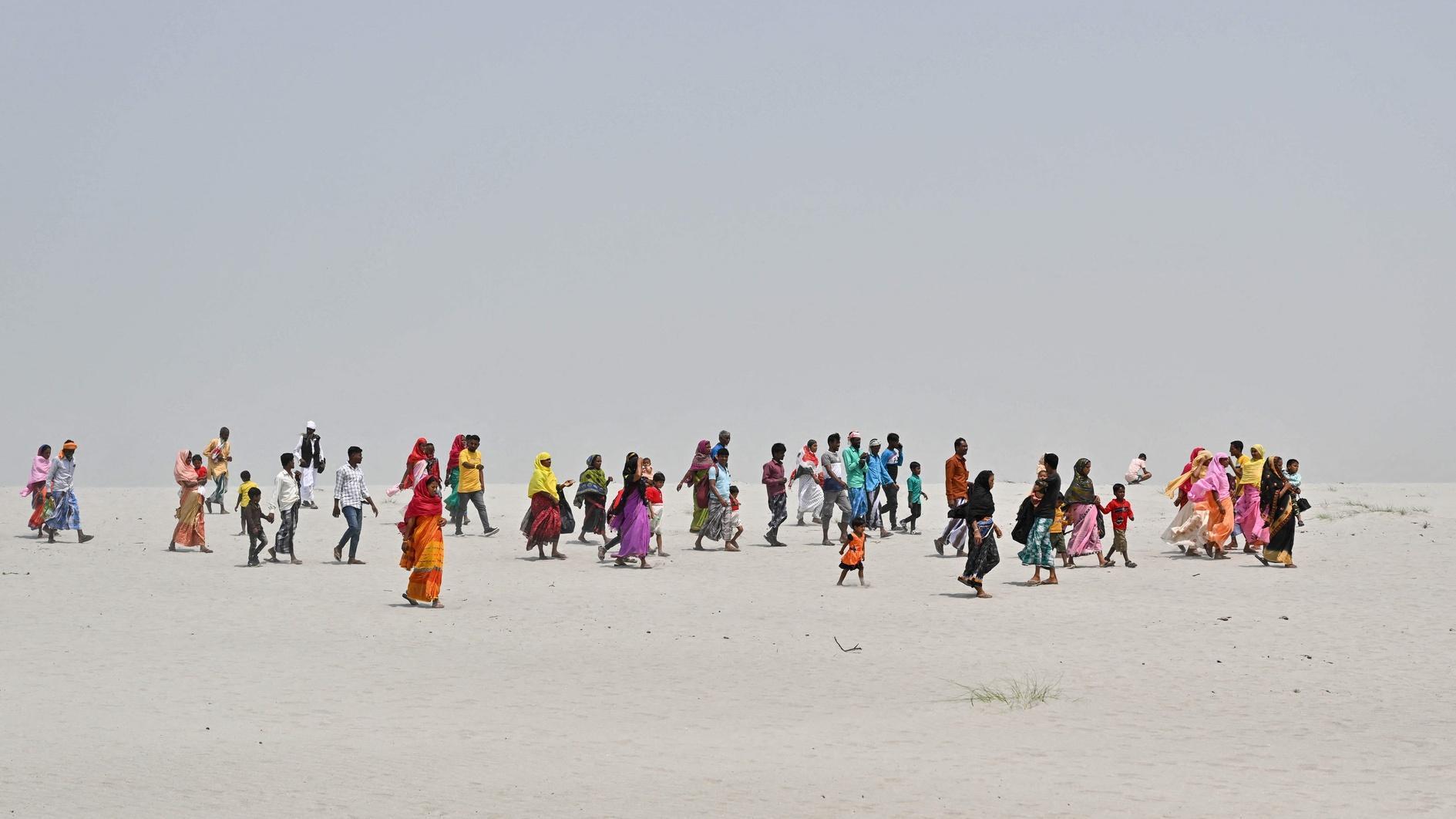‘If you lost your virginity, then you cannot marry’
Let us look at the obstacles and neglect in the struggle against violence and sexual abuse against women and children. The general coordinator of the lawyers’ network for children (ÇAÇAv.), Şahin Antakyalıoğlu, explained the situation in these bullet points:
When the police and security personnel do not collect evidence such as security camera records, sperm, hair and saliva samples, and if a physical and psychological examination of a child is not done, then justice may not be served.
If a case is not opened immediately, evidence cannot be collected retrospectively. If time passes and you say, “This person has abused me,” then if there is no physical evidence, the crime cannot be proven. Courts in general do not penalize by basing their judgment only on a claim by the victim because there is no concrete evidence. Either the defendant is released or the penalty is too light, as the court has to take into consideration the rights of the defendant as well. Impunity shakes confidence in justice and families attempt to punish the defendant themselves.
Sometimes abused children do not talk because they know they would be further victimized. They would be accused of unchastity. They would be told, “You should not have shown interest, you should not have done it, you should not have gone, you should have screamed.” The child may be oppressed by the defendant or the suspect’s threats. The environment surrounding them may be non-protective.
The victim suffers from social pressure, especially in small towns. Everybody sees the child as guilty. The child is ashamed and does not go to school. The family wants to marry her off so that their family honor is restored. The mother says, “Don’t say something about it otherwise you cannot be married because you are not a virgin.”
There is Child Monitoring Centers (ÇİM) in only 26 provinces and in those places where there are no ÇİMs, the victim goes to the police station.
In general, police stations are inadequately equipped; most of the time their capacity of knowledge, expertise and experience does not exist. They cannot collect the evidence. When you ask them, “There is a security camera recording, would you get it?” they are annoyed. They would say, “Are you going to teach us our job? We are already doing what is required.”
The victim knows that she would wait for hours when she goes to the police, so she does not.
They obtain a suspension order. The guy violates it. The woman calls the police, but police do not arrive or report. When they say the guy is coming and watching me every day, the police say, “We cannot put a guard on you.” Because of inadequate staffing, knowledge and equipment, the child and the woman cannot be protected.
There is no protection mechanism. The victims exert incredible efforts to be protected. If the victim is a child, they are already traumatized. They are the victims of violence and abuse…
A child may not know his or her rights. The state on the other hand knows what should be done but does not do it. The state, the police, the prosecutor or the judge do not constitute a serious obstacle or threat to the abuser.
The victim, who is not taken under protection, who does not feel safe, does not file a complaint, open a case or pursue the case as the trials last long.
All of these are both financial burdens and mentally exhausting. People get fed up. They are not insistent in their cases. They give up.
The justice system in Turkey also injures families. This is because they constantly have to go to the courthouse and participate in the hearings, while the defendant is not arrested, they are tried without arrest, and this, in turn, builds rage.











